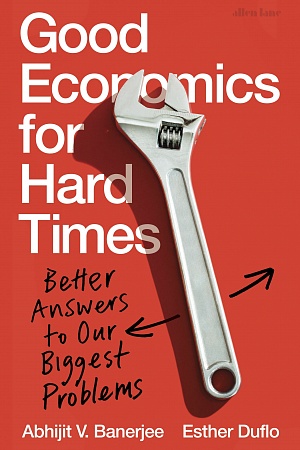Fair Share: Competing claims and Australia’s economic future
Melbourne University Press, $59.99 hb, 408 pp, 9780522872279
Fair Share: Competing claims and Australia’s economic future by Stephen Bell and Michael Keating
This is not a book with immediate appeal for the general reader, who is likely to be deterred by the denseness of its analysis. That is unfortunate, because its message deserves to be widely disseminated. It provides a useful account of economic history since the end of World War II, both internationally and in Australia, and ultimately offers a bespoke reform agenda.
The authors’ account begins with the 1977 analysis by the OECD of the stagflation then globally rampant. The inter-government organisation argued that the principal cause of this malaise was ‘the competing claims on resources exerted by different socio-economic groups’. According to Stephen Bell and Michael Keating, the main agents propelling such competing claims are workers, business, capital holders, voters, and community and state élites. Forty years later, the authors see those agents still making their competing claims, but now enormous power is in the hands of the wealthy; the result is the vast inequality highlighted by Thomas Picketty’s influential Capital in the Twenty-First Century (2013) and preoccupying economists and politicians alike.
Continue reading for only $10 per month. Subscribe and gain full access to Australian Book Review. Already a subscriber? Sign in. If you need assistance, feel free to contact us.











Leave a comment
If you are an ABR subscriber, you will need to sign in to post a comment.
If you have forgotten your sign in details, or if you receive an error message when trying to submit your comment, please email your comment (and the name of the article to which it relates) to ABR Comments. We will review your comment and, subject to approval, we will post it under your name.
Please note that all comments must be approved by ABR and comply with our Terms & Conditions.